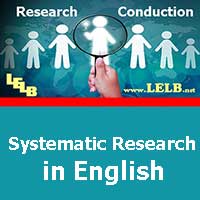Grounded Theory | Research Conduction
Grounded Theory Grounded theory is a quantitative research design in which the investigator moves beyond description and attempts to generate or discover a theory, an abstract analytical schema of a process, action or interaction (Strauss & Corbin, 1998). This theory-development does not come ‘off the shelf’ but rather is generated or ‘grounded’ in data from…
